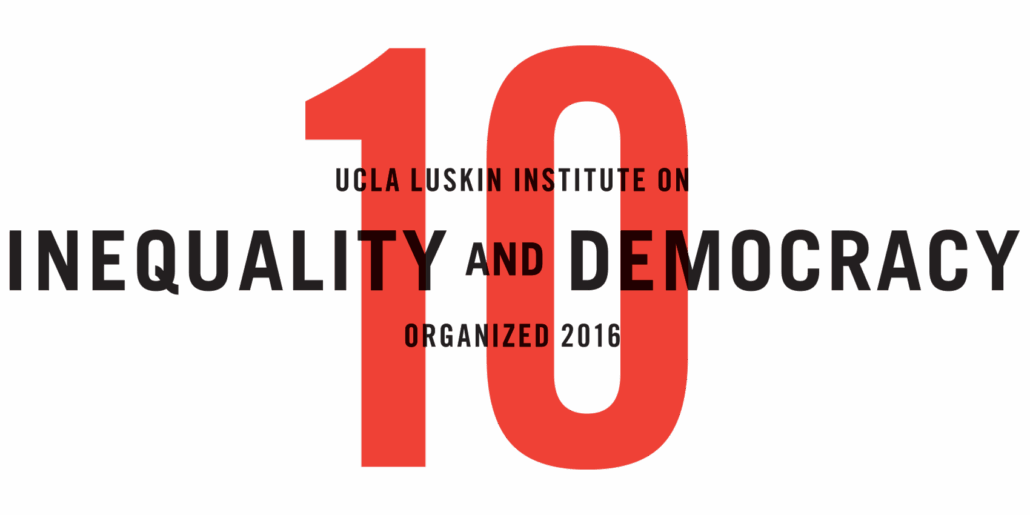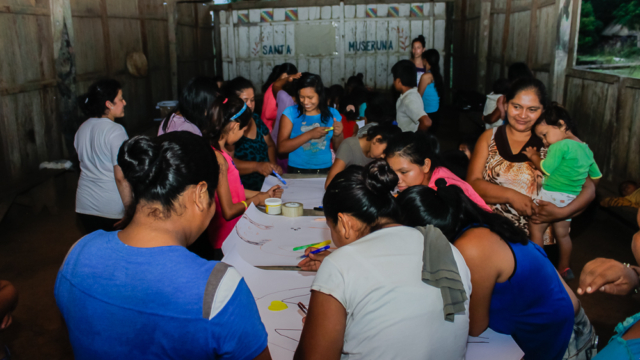Body-mapping workshop in Santa Ana de Museruna, TIM, Bolivia. Image credit: Nohely Guzmán Narváez
Intimate Encounters: The Affective Infrastructures of China’s Geopolitical Frontier-making in Bolivia
Nohely Guzmán Narváez, Geography, UCLA
Ideas and Organizing Doctoral Awardee 2022-23
“Esta carretera nos atraviesa” (‘This highway traverses us’), said Carmela, one of my collaborators from the Santa Ana de Museruna community in the Multi-Ethnic Indigenous Territory (TIM) in the Bolivian Amazon, to express her experience with the construction of a highway across her territory. Like Carmela, many indigenous women describe the encroachment of capital, currently led by China, as an intimately corporeal experience.
This research project explores the intimate yet geopolitically intricate relationship between the TIM’s indigenous communities and the global power dynamics exerted by Chinese capital through the construction of a highway. Grounded in seven years of close collaboration with TIM’s indigenous communities in Beni, Bolivia, facilitated by my role as a co-founder of Jasy Renyhê—an Indigenous feminist activist-research organization—this involvement has enabled my participation in initiatives spanning climate change, food sovereignty, ancestral health knowledge preservation, and gender violence interventions. These collaborations have provided unique insights into the negotiation processes involving indigenous women within TIM, the Bolivian state, and Chinese corporations.
Throughout these years, I’ve witnessed how the transformations and degradation of the territory manifest in young women’s bodies as illness, fear, and sadness. Inspired by Indigenous feminist Cabnal’s (2010) concept of “cuerpo-territorio” (body-territory), my project seeks to reimagine the intimate geographies of geopolitical dynamics. One aspect of this exploration involves the collective creation of body-maps by local women and girls, which trace their affective and embodied responses to the changing landscape of their territory. This approach enables the visualization of the intimate links between land and body in the context of global economic shifts.
Currently, I am undertaking field research for my doctoral dissertation, aiming to comprehend the intricate interplay among Chinese corporations, infrastructure development, and local indigenous women. This project offers an opportunity to explore how infrastructure projects act as conduits for economic activities such as agribusiness, mining, and oil exploitation. Drawing upon a framework rooted in feminist, anti-colonial, and geopolitical geographies, this approach allows an investigation into China’s expansion processes across diverse terrains, dimensions, scales, bodies, and political transitions. My ultimate objective is to bridge the realms of social theory, public policy, and institutional development, transcending localized contexts, and instead, exploring the analogous phenomena unfolding across the broader Amazon region.




